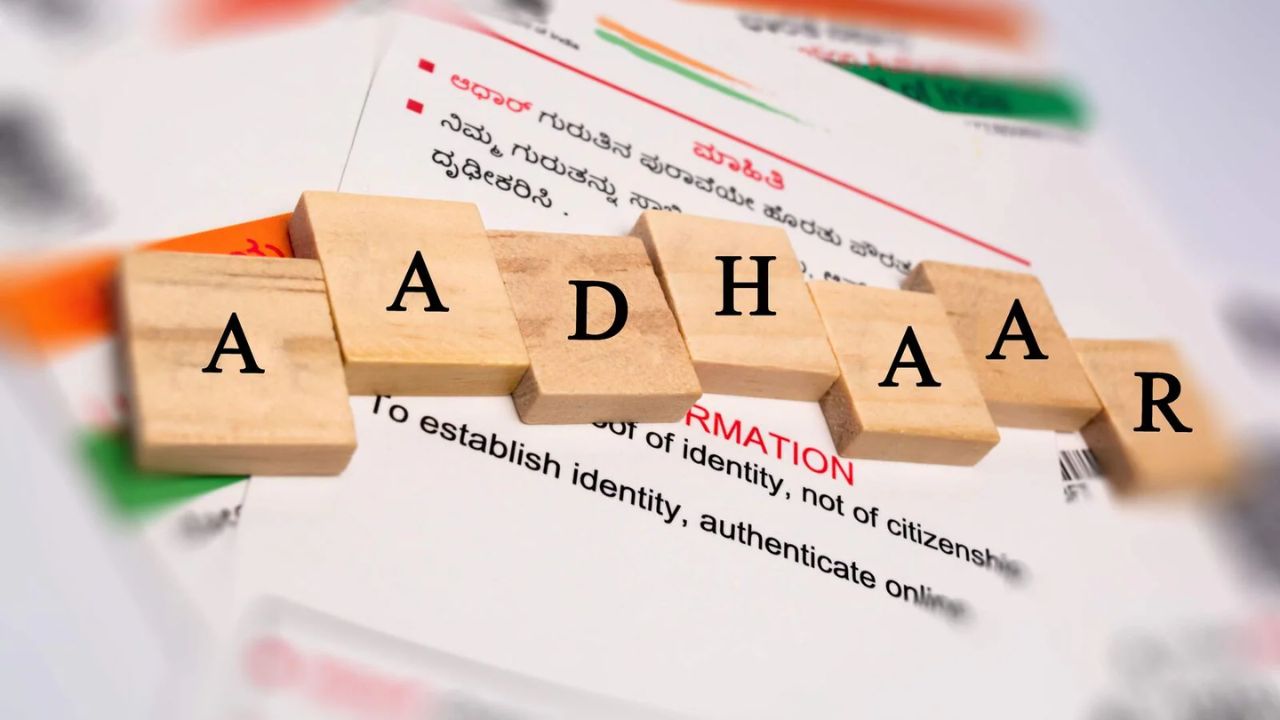 English
English

ADV is an additional security layer for the general public. Whenever you provide your Aadhaar for KYC, your information is stored only in encrypted form. No one can view or copy it. Overall, this update ensures Aadhaar users secure identity and data protection in the digital world.

Aadhaar Data Vault (ADV) Introduced to Protect Users’ Personal Information
New Delhi: The era of digitization has increased convenience for people, but it has also increased cyber and data-related challenges. Banks, fintech companies, and government departments are now using Aadhaar information for identification and KYC. Keeping this in mind, UIDAI has released a new security update to protect Aadhaar users' data.
ADV, or Aadhaar Data Vault, is a secure digital storage system that stores Aadhaar number, eKYC file, and information such as name, date of birth, gender, address, email address, and mobile number. ADV functions like a digital vault, with limited and controlled access. This ensures data is not scattered across multiple locations and is protected through encryption. Its purpose is to reduce the risk of data leaks or identity theft.
UIDAI’s New Aadhaar Rules In Effect: Major Changes in Update Process, Fees, and PAN Linking
Under the Aadhaar Act, 2016, UIDAI mandates that any entity that uses Aadhaar for identification or KYC must create an ADV. This means that any bank, fintech company, or government department that holds your Aadhaar number must use ADV for data security.
The primary purpose of ADV is to prevent misuse of Aadhaar data. The fewer systems that store real Aadhaar numbers, the lower the risk of data theft. Through ADV, information is encrypted and secure, and only controlled individuals have access. Uniform security rules and verification systems have been implemented for all entities.
UIDAI has issued security rules for ADV, including access control, encryption keys, and regular audits. This means that no individual or entity will be able to access your Aadhaar data without permission.
ADV is an additional security layer for the general public. Whenever you provide your Aadhaar for KYC, your information is stored only in encrypted form. No one can view or copy it. Overall, this update ensures Aadhaar users secure identity and data protection in the digital world.
With this move, UIDAI has once again made a strong effort to secure digital identity, which will prove beneficial for both citizens' privacy and data security.